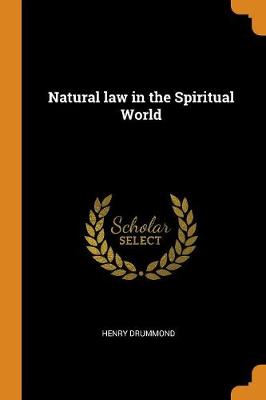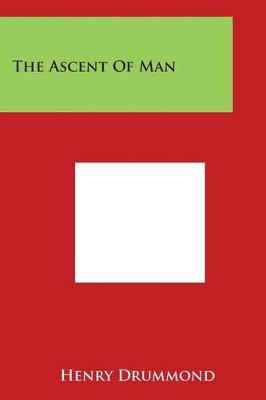Cambridge Library Collection - Religion
2 total works
Henry Drummond was a Scottish scientist, Free Church minister, explorer and evangelist who became one of the most influential religious figures of the Victorian era. Written as a means of clarifying his own thoughts on the clash between science and religion, Natural Law and the Spiritual World was published in 1883 to great critical acclaim. Entering the debate on science and religion using the basis of law, Drummond sets himself apart by offering 'a property peculiar neither to science nor religion'. He puts forward the argument that the laws of the natural and spiritual worlds are not completely separate, and explores the connections between them. He concludes by suggesting that the scientific principle of continuity extends from the physical world to the spiritual, offering common ground to people on both sides of the science/religion divide.
The Lowell Institute in Boston, Massachusetts, founded in 1836, supports an annual series of distinguished lectures. Henry Drummond, the influential Scottish scientist, Free Church minister, explorer and evangelist published his Lowell Lectures as The Ascent of Man in 1894. This provocative book examines Darwinism in a Christian context. It describes the rise of man, who is considered the highest purpose of the universe, and his relations with the lower animals. In particular, it addresses the question of altruism and its role in promoting the survival of the fittest, which Drummond argues had been overlooked. Drummond claims, unlike traditional evolutionary theory, that the force of evolution is not only the struggle for life, but also the struggle for the life of others. His book, which aroused great interest in its time, remains of importance for historians and philosophers of science today.

